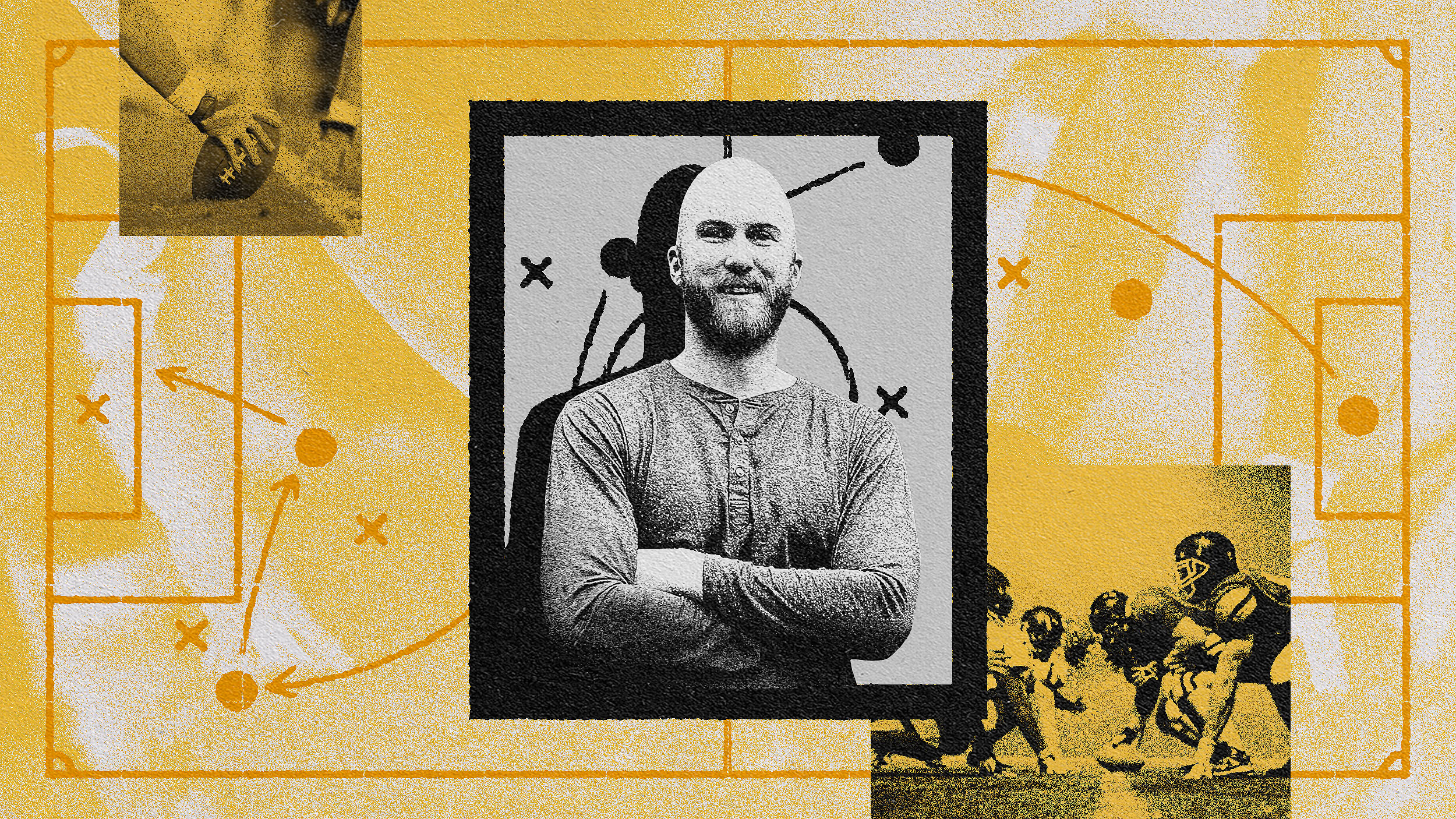Sales and revenue executives often feel overwhelmed and uncertain about driving revenue to meet their goals, facing fluctuating success. Aaron Ross, author of From Impossible to Inevitable: How Hypergrowth Companies Create Predictable Revenue, outlines seven ingredients for creating hypergrowth.
First, companies should identify a niche, finding the perfect balance between market problems, ideal customers, and effective communication. Second, they must create a predictable pipeline for generating leads and opportunities. Third, sales should be scalable, with the sales team designed for easy growth. Fourth, companies should focus on fewer, bigger, and better deals. Fifth, it’s important to accept that achieving goals takes longer than desired, so patience is key. Sixth, embracing employee ownership encourages a more invested workforce. Lastly, defining destiny empowers individuals within a company, leading to a more united vision for growth.
AARON ROSS: If you're a lot of revenue executives, or sales executives, you're struggling like everyone else is with feeling overwhelmed and uncertain about how to drive your revenue to the goals you want to hit. Something's been working maybe, maybe not, the last couple of years. You're not sure if it's going to work to the next level, or maybe you've had a revenue rollercoaster. Sometimes things are going well one quarter; the next quarter, you have no idea what's going to work or not going to work. I distinctly remember in my late twenties being CEO of a venture-funded company thinking like I've got this figured out or it's working. And within a year or two, that company had completely failed and millions of dollars was lost. And that led me to a long career, so far. I've taken this engineering mindset applied to growth where the repeatable problems, where the repeatable opportunities and ways to drive more growth. So there are 7 ingredients for creating hypergrowth, and they can help executives understand what are the most common problems that create growth or stop it.
I'm Aaron Ross, a sales expert and advisor known for the book Predictable Revenue. Although ironically I've gotten an incredibly unpredictable life. I have 10 children. My latest book is called "From Impossible to Inevitable: How Hypergrowth Companies Create Predictable Revenue".
You're not ready to grow until you nail a niche. Nailing a niche means finding that sweet spot between a problem that market has, who your ideal customer is, and how you can communicate with them in a language they can understand. There are these fears that stop us from nailing a niche. Well, if I'm only focusing on one type of customer, like banks, I'll lose out on everything else. Or I don't want anything small, I want to think big, but these are just fears. And what you'll see is when you pick a specific type of customer and you focus on them and you message to them, that can actually open up a huge world of opportunity.
Creating predictable pipeline, whether you're an individual salesperson or a company, the lever for growth is not how many salespeople you have. It may not even be kind of the product you have. Those are important. It's really do you have a predictable system for generating leads and opportunities. So whether it's coming from some sort of software product or free trial, whether it's some paid ads, whether it's from knocking on doors, ultimately, all you're trying to do is create some predictable way to grow the opportunities that you have to talk to possible customers.
Make sales scalable. Sometimes speeding up growth can create more problems than it solves. All right? Wow, growth is exciting, right? We want to grow faster, we want to make more money, we want to have more people. All sounds amazing, right? Until you say, "Ooh, we're hiring salespeople and a bunch aren't working out," or, "Our systems aren't working anymore. Things are broken. Our comp system doesn't work. Our product isn't serving these customers we've gotten into, this new market we've gotten into." But there's some things you can do to design the sales team from the beginning to be able to grow more easily. There's a lot of preventable problems.
Doubling your deal size. It's hard to build a big business out of small deals. I think when I was younger, I just didn't have the experience to know that the effort to work a small deal versus a bigger one is about the same. And one thing that can make your growth a lot easier, and whether you're an individual salesperson or a company, is think fewer, bigger, better. Fewer deals that are bigger and a better fit.
Do the time. The painful truth is it takes years longer than you want to hit the goals you've got. This is actually the part of the book I'm most proud of because I don't think people talk about this very much. So much of our anxiety and depression and struggle comes from this mismatch of when we want things and when they actually are ready to happen. Yes, we want to hit a million dollars ARR, annual recurring revenue, in 12 months, or we want to hit, you know, this $500,000 in the bank. We want these goals. It's so important to realize like, you are where you are. You are where you need to be, and understanding that this is a rollercoaster and that no matter how you do it, there's going to be ups and downs. You have to be able to ride those out.
Embracing employee ownership. The painful truth is your employees are renting, not owning their jobs. Owners and leaders are constantly thinking, "Ah, why aren't my people working harder? Why don't they work as hard as me?" Well, duh, because they're not an owner, and it's unfair to expect them to work as hard as you. How do you help design a culture and team so that people have more emotional ownership and so they want to put more energy and effort into what they're doing?
Define your destiny. The painful truth is everyone gets frustrated, and you need to apply that to your advantage to define where you want to take things. And this really is a section for individual contributors and employees. It's all the individuals on a team who have layers of leaders above them and are used to feeling somewhat powerless in the company. If you're a leader and really want to set a new direction for growth and that includes changes to the company, do you want your people behind those changes or do you want them to fight your changes? Part of that is setting a clear vision, blah, blah, blah - all the typical leadership stuff I'm sure you read ad nauseum on YouTube or in books, but part of it is how can you help people in your company feel more empowered so they can define their own destiny better versus waiting for you to fix it for them? That looks like an employee realizing they have more power and influence over what they do in themselves than they realize.







